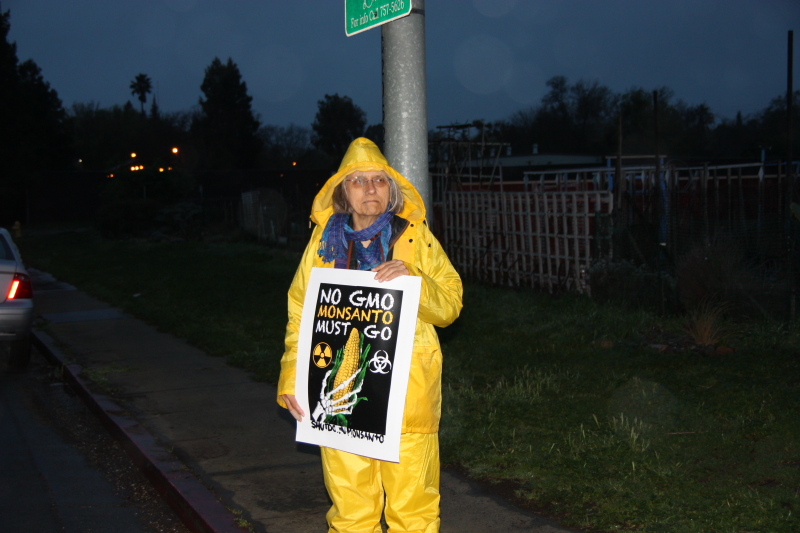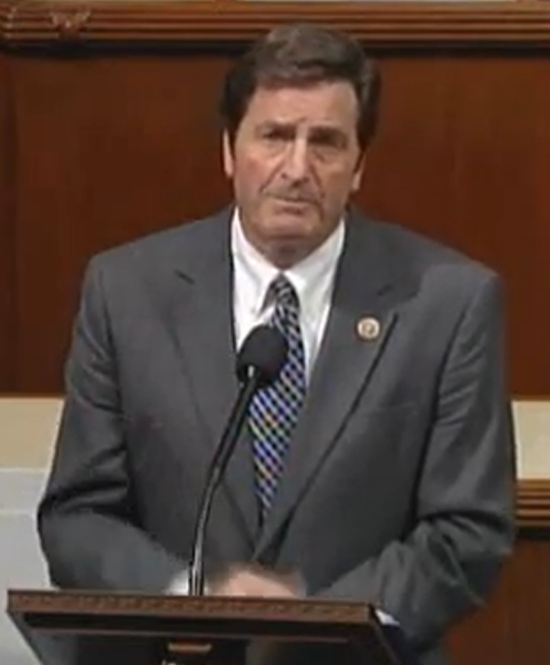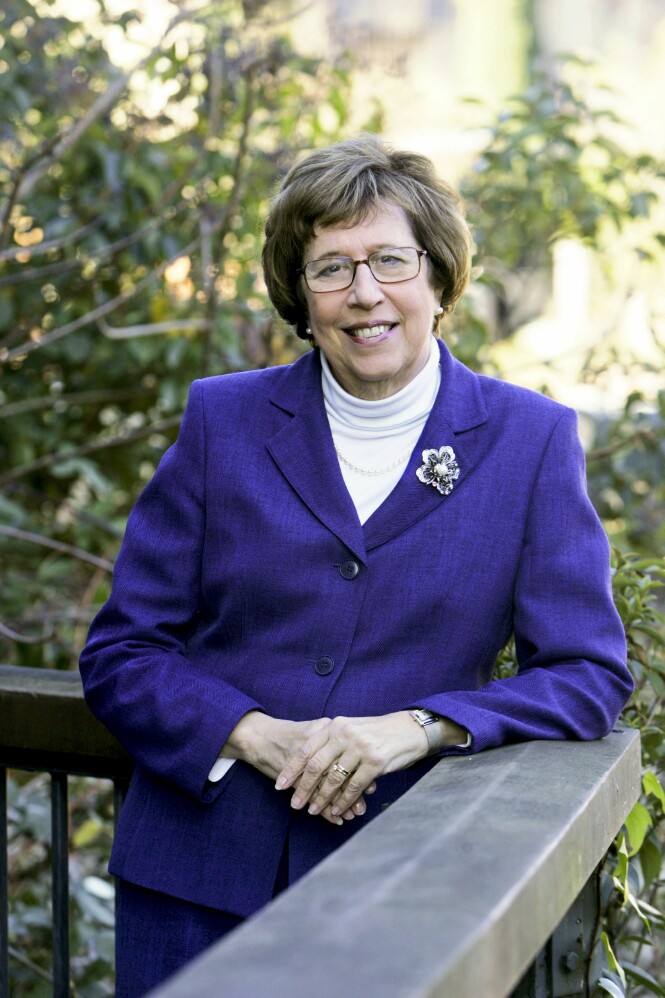Monday Morning Thoughts: Davis Council Considers Second Reading of Homeless Regulations For Encampments – Research Says It’s Not the Way to Solve This Problem
Davis, CA – It was a rare 3-2 two weeks ago. Normally a second reading of an…
Davis, CA – It was a rare 3-2 two weeks ago. Normally a second reading of an…
By David M. Greenwald Executive Editor Woodland, CA – On August 17, 2023, the Woodland Planning Commission…
“I am happy to inform all of the people living their Suburban Lifestyle Dream that you will…
Housing experts fear that a wave of evictions will become the next COVID-19 crisis and, while the…
Rules Football-Size Sewage Tank Construction Can Begin as Scheduled By Crescenzo Vellucci Vanguard Sacramento Bureau SACRAMENTO –…
On Wednesday in Sacramento at the Lemon Hill Mutual Housing site, Sacramento Housing Alliance and Mutual Housing…
An article in the American Conservative argues that if there is one area in the next two…

Moderate Democrats and Republicans from both of California’s legislative halls received millions from out-of-state oil interests in campaign contributions while enjoying perks like a lavish $13,000 dollar dinner party just before they were to vote on legislation regulating the industry’s hydraulic fracturing, or “fracking” oil wells, according to quarterly reports released last week.
Democratic assembly members Adam Gray (D-Merced), Henry Perea (D-Fresno) and Cheryl Brown (D-San Bernardino) joined Senators Norma Torres (D-Chino), embattled Ron Calderon (D-Whittier) and Lou Correa (D-Santa Ana) attended the September 4th, $13,000 dollar affair at one of Sacramento’s most expensive eateries, The Kitchen, according to Lauren Rosenthal of the Sacramento Bee.


It took four years and five moves, but Igor Akimenko, a UC Berkeley senior, finally found a decent place to live. He shares a converted living room with three other people, in an 11-bedroom house about a half-mile from campus.
His rent: $540 a month.


Before a packed and lively audience of Glenn and Butte county residents, Representative John Garamendi (D-Fairfield, CA), President Bill Clinton’s former Deputy Interior Secretary, explained yesterday why the Bay Delta Conservation Plan (BDCP) would be a costly and counterproductive policy for California to pursue.
“The twin tunnels proposal is a $25 billion boondoggle paid for by the middle class taxpayer and water users. However, it doesn’t even create one new drop of water,” said Representative Garamendi while debating a representative from the Governor’s office. “This plan would take 100,000 acres of prime agricultural land in the Delta out of production so that 100,000 acres of marginal desert land in the San Joaquin Valley can continue to produce heavily subsidized crops.”


Back in May, Davis’ Monsanto facilities were once again targeted by environmental, Occupy and social justice activists with a blockade and shutdown as part of worldwide protests against the chemical giant.
According to organizers of the action, “Monsanto, the producer of Agent Orange and DDT, is gradually taking over the global food supply, poisoning U.S. politics and putting the planet’s food future in serious danger.” Demonstrators focused on the Monsanto Protection Act and the federal Genetically Engineered Food-Right-to-Know Act introduced to mandate the U.S. Department of Agriculture to label genetically-engineered food.


Editor’s note: Rep. John Garamendi (CA-03), a member of the Safe Climate Caucus, spoke on the House floor this week regarding the importance of clean energy production, which is spurring business development across the country, as well as playing a critical role in stabilizing global warming.
The Safe Climate Caucus members have made a commitment to talk every day on the House Floor about the urgent need to address climate change.


The New York Times reported on Friday, “Scientific instruments showed that the gas had reached an average daily level above 400 parts per million – just an odometer moment in one sense, but also a sobering reminder that decades of efforts to bring human-produced emissions under control are faltering.”


On Tuesday, the Senate Judiciary Committee voted to approve Senator Wolk’s legislation, Senate Bill 750, to provide tenants of apartments and other multi-unit dwellings with accurate information about their water use through sub-metering, encouraging responsible water consumption and conservation.


At the time, even though it was a vision that I disagreed with, Republican ideas looked fresh while Democrats fighting the rear guard battle looked reactionary and stale. Twenty years later, the Republicans seem stuck in the same place: they were out-organized in the last election, their demographics are working against them, and the freshest and most innovative ideas are not coming out of their camp.


We need to think in a comprehensive way about water in California. The controversial Bay Delta Conservation Plan (BDCP)1 is an outdated and destructive plumbing system. It does not create any new water nor does it provide the water and the ecological protection that the Golden State must have. California and the federal government must set aside this big, expensive, destructive plumbing plan and immediately move forward with a comprehensive approach that includes:
1) Conservation,


Environmentalists in California worry the public is not fully aware of the potential harm Governor Edmund G. ‘Jerry’ Brown, Jr.’s proposed hydraulic fracturing, or ‘Fracking’ oil extraction regulations could do to the state’s regional groundwater tables and fertile California farmland in the Central Valley counties of Kings, Kern, Maricopa as well as those in which the Monterey Shale Deposits are located some 11,000 feet below the surface.
Fracking is an oil extraction process used on depleted wells and heavy, tar-like oil deposits. Fracking involves the injection of steam, water, sand and rocket propellant into the ground to bubble to the surface the oil reserves. It is known to make fertile farmland barren and contaminate groundwater tables.


“Climate change presents a major challenge for society,” the committee’s leadership said in a letter on Friday. “This report and the sustained assessment process that is being developed represent steps forward in advancing our understanding of that challenge and its far-reaching implications for our nation and the world.”




Reuters reports that the draft regulations announced by the Brown administration, set forth ostensibly to improve monitoring of the oil industry’s hydraulic fracturing, or “Fracking,” method of oil extraction from the state’s depeleted oil fields, are actually intended to increase the ability of the oil industry to use fracking in oil fields throughout California.
Fracking is controversial because of its environmental impact on the land and the state’s water and groundwater supplies, turning as much as 8 barrels of potable drinking water into a toxic soup known as “produced” water for every barrel of oil rendered. Fracking’s produced water has contaminated local groundwater supplies and rendered fertile agriculture acres into barren wasteland in counties like Kern, King, and elsewhere.




The Brown administration Tuesday proposed new draft regulations that would require the oil industry to disclose where its California oil extraction operations are using hydraulic fracturing, commonly referred to as “fracking,” in advance of a new movie meant to bring public awareness to the environmental destruction caused by the practice.
While an oil industry spokesman says his industry is “resigned” to the long-awaited new regulations, environmentalists claim the out-of-state and resource tax-exempt oil companies largely ignore the state’s current regulations, despite earning record profits in recent years, and the governor’s proposal of new regulations will do little more than placate the public’s concern over fracking, a concern expected to increase along with awareness of the issue, once ‘Promise Land’ opens in California theaters December 28th.